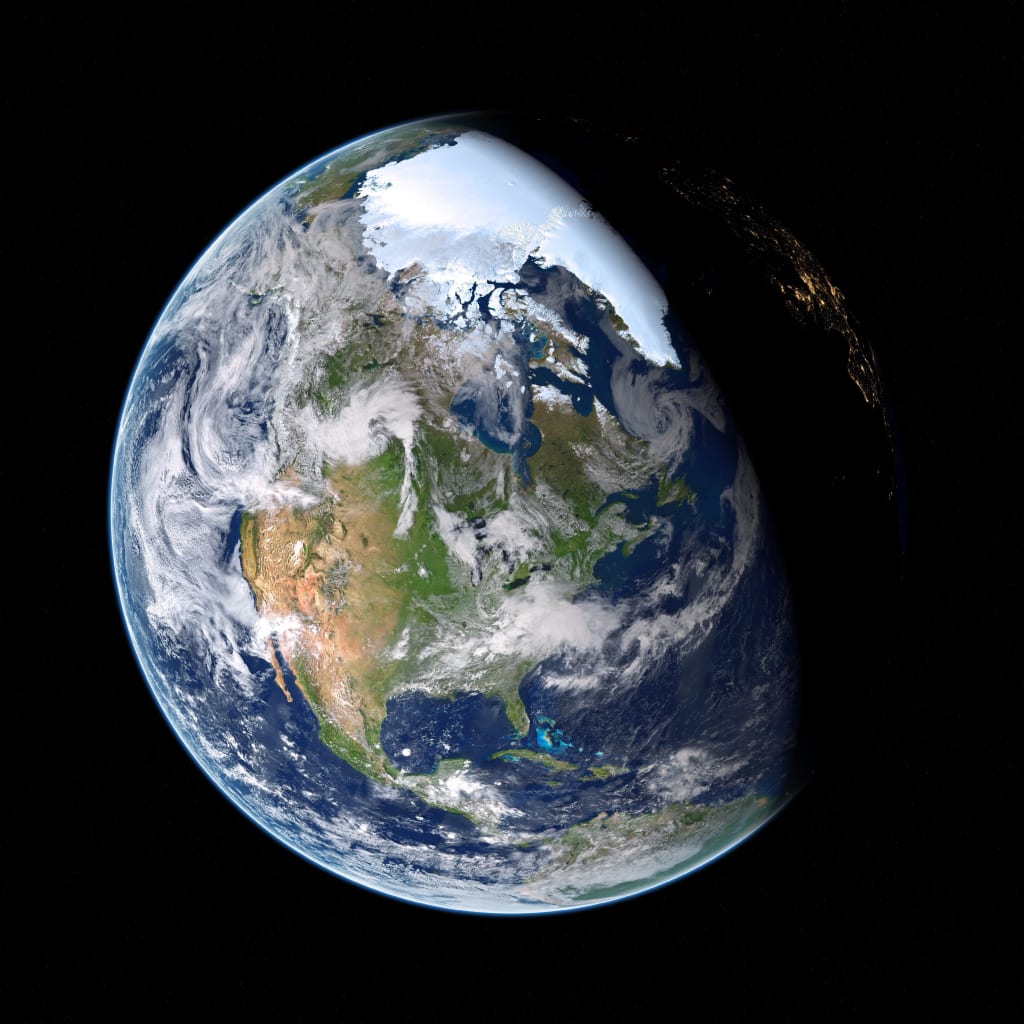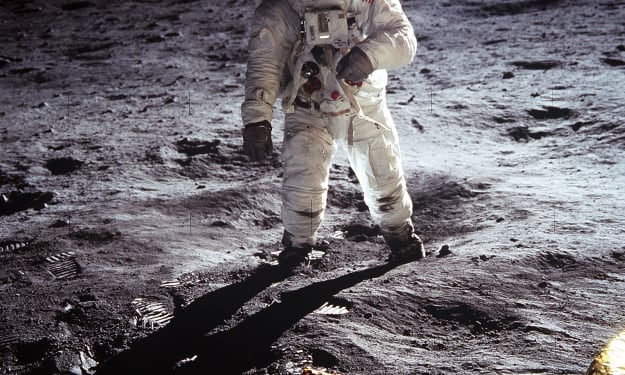
The North Pole, the most remote and enigmatic place on Earth, has been a source of fascination for centuries. It's a place that has captured the imagination of explorers, scientists, and adventurers alike, drawing them to its icy terrain and treacherous waters in search of answers to some of the world's greatest mysteries.
At the heart of the North Pole lies the Arctic Ocean, surrounded by land masses of North America, Europe, and Asia. Despite its inhospitable conditions, this region is home to a diverse range of wildlife, including polar bears, walruses, narwhals, and beluga whales, all adapted to the harsh conditions of the Arctic.
One of the biggest mysteries surrounding the North Pole is the ongoing debate over the existence of the Northwest Passage, a sea route that connects the Atlantic and Pacific Oceans through the Canadian Arctic Archipelago. For centuries, explorers have searched for this elusive passage, but its existence was only confirmed in the mid-19th century by the explorer Roald Amundsen.
Another mystery that has long baffled scientists is the North Pole's shifting magnetic field. The magnetic North Pole is not fixed, but rather moves constantly, and has been doing so for centuries. Its movement can have significant implications for navigation, as compasses can be affected by these magnetic fluctuations.
In recent years, there has been growing concern over the impact of climate change on the Arctic region. The Arctic is warming at a faster rate than any other region on Earth, leading to the melting of sea ice and permafrost, as well as rising sea levels. This has had significant impacts on the region's ecosystems, with some species struggling to adapt to the changing conditions.
One of the most important areas of research in the North Pole is the study of its ice. The Arctic sea ice acts as a reflective surface, reflecting sunlight back into space and helping to regulate the Earth's temperature. As the ice melts, less sunlight is reflected, leading to further warming of the planet. Scientists are closely monitoring the rate at which the Arctic sea ice is melting, and trying to understand the long-term implications for the planet's climate.
Another mystery that scientists are trying to unravel is the impact of ocean currents on the Arctic region. The Arctic Ocean is surrounded by warm ocean currents, such as the Gulf Stream, which can have a significant impact on the region's climate. Changes in these currents can lead to fluctuations in the Arctic's temperature, affecting the region's ice cover and the ecosystems that depend on it.
Despite the challenges of working in such a remote and hostile environment, scientists and researchers continue to explore the North Pole, driven by a desire to unlock the secrets of this mysterious region. Advances in technology have made it easier to study the Arctic, with satellite imagery, remote sensing, and underwater drones all playing a role in our understanding of this remote region.
One recent breakthrough in the study of the North Pole has been the discovery of methane seeps in the Arctic Ocean. Methane is a potent greenhouse gas, and its release into the atmosphere could have significant implications for the planet's climate. Scientists are now studying these seeps to understand their origins and the potential impact they could have on the environment.
Another area of research in the North Pole is the study of the region's permafrost, which covers much of the Arctic landscape. As the climate warms, the permafrost is melting, releasing large amounts of carbon into the atmosphere. This could have significant implications for the planet's climate, as carbon is a greenhouse gas that contributes to global warming.
Despite the many mysteries surrounding the North Pole, one thing is clear: this remote and inhospitable region plays a crucial role in the Earth's climate system. As our planet continues to warm, it is more important than ever to understand.
About the Creator
Hanaff Jr
Just Writer...






Comments
There are no comments for this story
Be the first to respond and start the conversation.